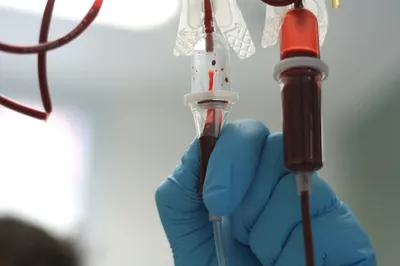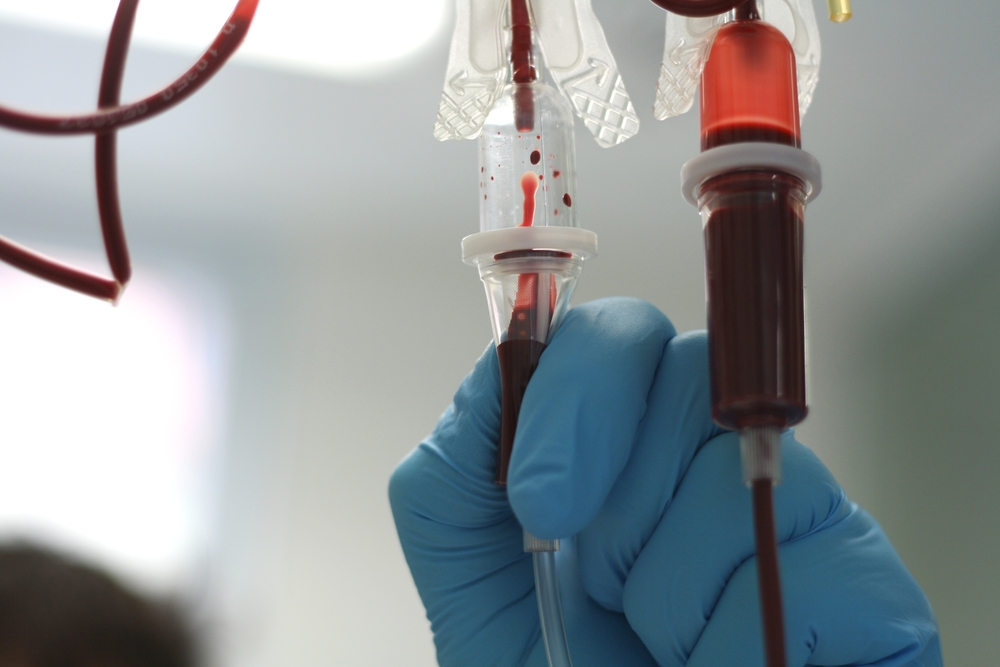
Health researchers are working furiously to develop drug treatments for Ebola, but many remain in the experimental stage. That’s why the World Health Organization (WHO) has sanctioned the use of “convalescent blood therapies”, a treatment that could, theoretically, be implemented rather easily.
But it’s a treatment that hasn’t yet been embraced, partly because no regulatory body has issued guidelines for its implementation.
“Major questions need to be answered about the safety and efficacy of convalescent therapies, and the feasibility of implementation in countries with shattered health systems and an acute shortage of medical staff,” WHO representatives said in a recent statement.
Now, the situation may finally be improving. WHO says it will soon introduce comprehensive guidelines on the use of convalescent blood therapies that should help those nations hit hardest by Ebola — including Sierra Leone, Liberia, and Guinea — confront the deadly virus.
It’s worth noting that this is not the first time transfusions have been used to fight a deadly illness. Prior to the rise of antibiotics, doctors in Germany used blood serum to treat diphtheria, a potentially fatal respiratory tract infection.
There is some evidence to suggest that convalescent blood therapies will have a significant impact on Ebola’s spread. Dr. Kent Brantly and Dr. Rick Sacra, American doctors infected with Ebola while helping fight the virus in Africa, both survived after receiving blood antibodies from survivors.



